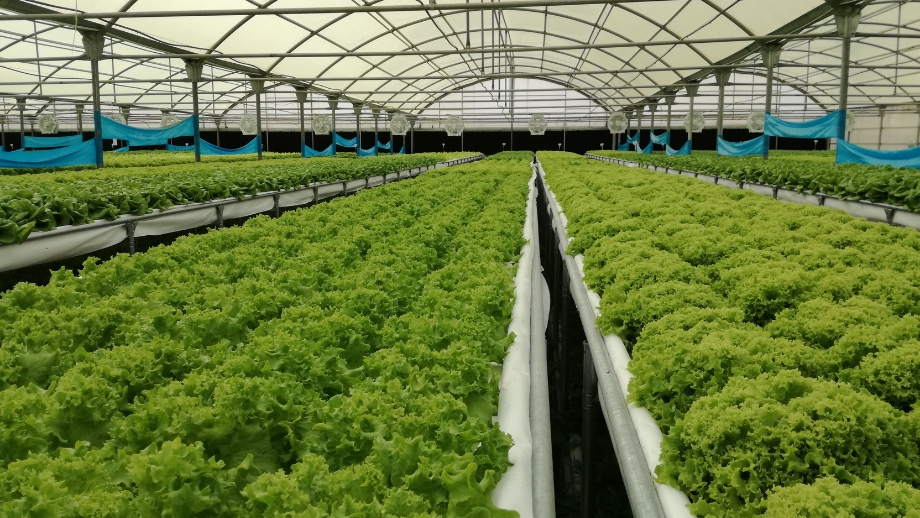As our first article, we would like to address a topic that is both generic and highly specific. We are talking about a practice that, many years ago, allowed humans to settle and develop—evolving in response to the needs of a population that continues to grow. Despite the advent of numerous technologies, transportation systems, artificial intelligence, and more, we still require something as fundamental to life as… food. And that is the ultimate purpose of this basic practice known as agriculture: to feed ourselves.
We could define agriculture technically as a set of practices and activities involving the cultivation of land to produce food. We could also define it philosophically, as Cicero did in ancient Rome (106–43 BC): “Agriculture is the proper profession of the wise, the most suitable for the simple, and the most dignified occupation for any free man.” We could think of many ways to define it, but the truth is that agriculture is much more than that. It is a complex system influenced by various factors (climate, soil, water, humans, etc.) in which we seek balance—a return of the energy we invest, transformed into food—allowing us to start over, reintegrate the components of the system, preserve its benefits, and make it sustainable.
